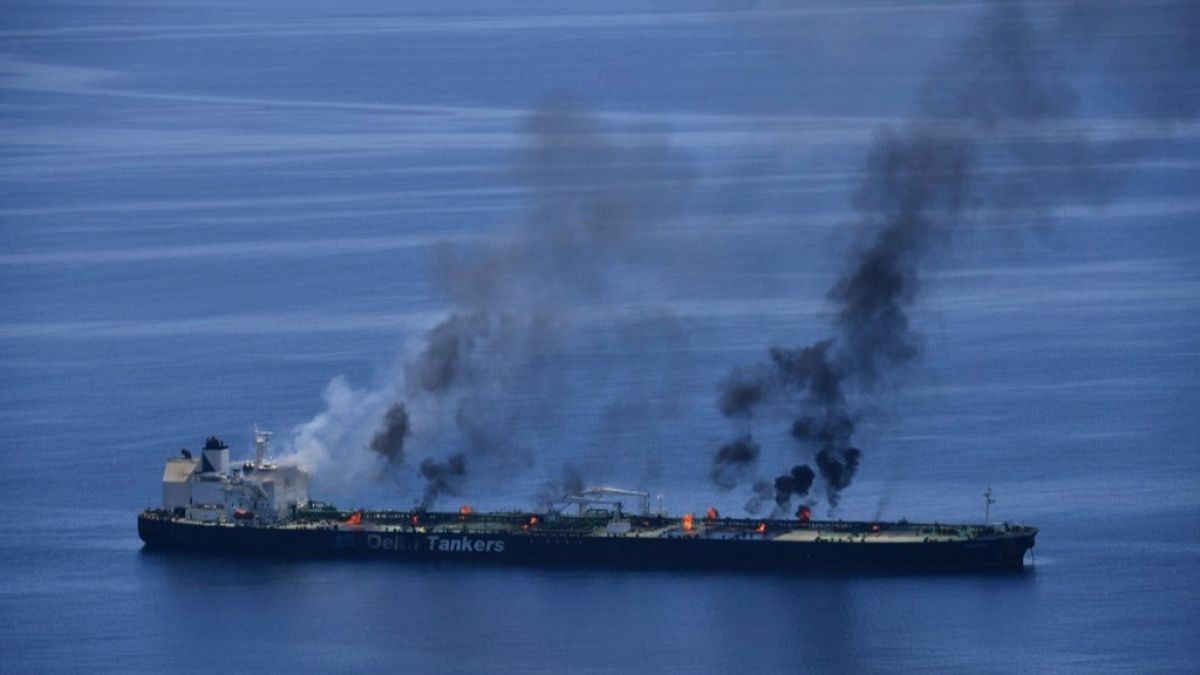

The world recently witnessed several efforts aimed at fostering peace and stability across different regions amidst ongoing conflicts. From ceasefire agreements slowing down tensions between neighboring countries to diplomatic conferences aiming to revive dialogues, global leaders and organizations are taking strides to reduce hostilities and promote unity.
In Southeast Asia, a renewed sense of hope emerged as Thailand and Cambodia reached an ‘immediate and unconditional’ ceasefire agreement. Constructive discussions hosted in Malaysia saw both countries agreeing to halt hostilities following a severe escalation that had been described as the worst in over a decade. The five days of conflict affected numerous lives with the reported loss of at least 38 individuals and the displacement of more than 300,000. As the Malaysian Prime Minister shared insights into the delicate process, both nations are now embarking on a journey towards reconciliation, maintaining a focus on restoring harmony across their shared borders.
Meanwhile, the Middle East is seeing reinforced efforts from international communities to address ongoing tensions. Yemen’s Houthis have expressed their determination to continue their maritime strategies, calling for significant diplomatic pressure on Israel to reconsider its position regarding the warfare in Gaza and to alleviate its blockade. This call reflects broader appeals for peace and highlights the critical role of diplomatic influence and intervention in achieving conflict resolution in the region.
Parallel to these efforts, a significant initiative arises with Saudi Arabia and France leading a three-day United Nations conference focused on recognizing Palestinian statehood. This ambitious step has the potential to reignite peace talks and aims to contribute to a lasting resolution to the ongoing hostilities in Gaza. The two countries are prioritizing peaceful settlements and see this recognition as a pivotal step toward the longstanding two-state solution goal. With France’s commitment to officially recognize the Palestinian government, a new wave of dialogue and cooperation might emerge, encouraging other nations to join the cause.
The combined actions from nations and leaders addressing these conflicts underscore a global acknowledgment of the importance of preserved peace and collaborative dialogue. Through thoughtful negotiation and strategic partnerships, these stories illuminate the potential for progress and reconciliation, even when faced with historically rooted disputes. As the world watches, the focus remains on sustaining peace, nurturing diplomatic relationships, and fostering an environment where healing conversations can take place.
Efforts like these encourage us to remain optimistic about the possibility of stabilizing peace for nations in turmoil. With continued commitment to peaceful resolutions and an unwavering pursuit of unity, the future may hold a more serene and united international community.
Source: {link}
